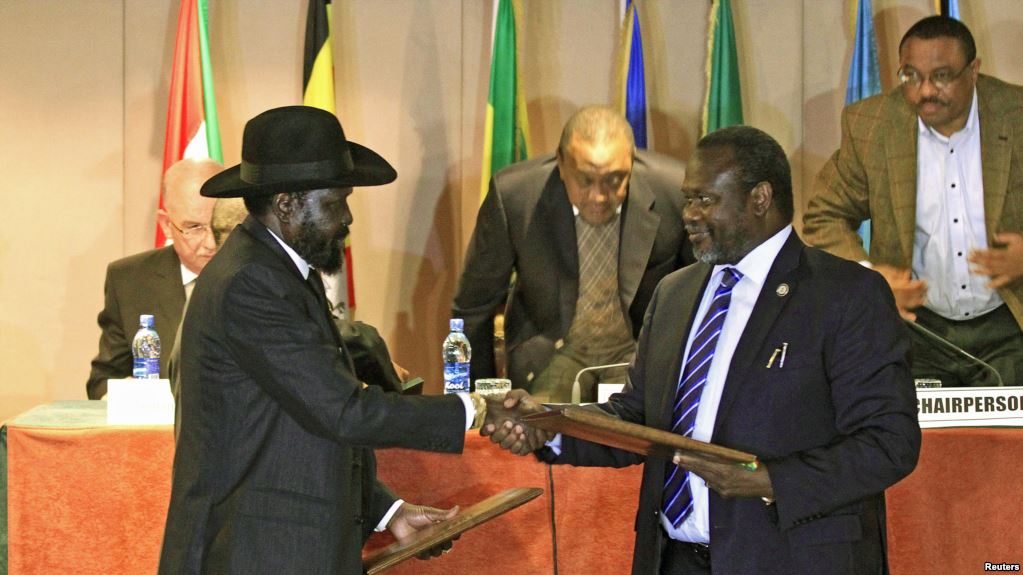No, Kenya tells US over seizure of S.Sudan leaders’ property


By Fauxile Kibet
A push by the United States to have Kenya and Uganda seize assets owned by South Sudan officails in the two East African countries has failed after Kenyan officials rejected the demands.
Kenyan Foreign Affairs Principal Secretary Ambassador Macharia Kamau said that while Kenyan officials are capable of seizing the properties, it would only act in accordance with international practices under the United Nations conventions.
“Kenya knows its obligations in regards to corruption and money laundering, and is working closely with the international community on the same. However, we work with multilateral platforms and don’t take instructions from other sovereign states,” Amb. Kamau said.
The Trump Administration has adopted what it describes as “network sanctions” which targets assets owned by leaders suspected to be fueling war in South Sudan and that of their relatives as well.
Kenyan officials however say that they are willing to share useful intelligence with the United States on illicit money flows from S. Sudan, but added that the information provided by Washington must first be verified.
Last week, the United States asked Kenyan officials to investigate and sieze the wealth owned by South Sudanese leaders who allegedly invest illicit money in the country’s real estate.
US Undersecretary for terrorism and financial intelligence at the Treasury Department, Sigal Mandelker, who visited Uganda and Kenya and said that the two countries must seize proceeds of corruption from South Sudan’s war.
“Those who profit from human rights violations, corruption and preying on the poor, children and mothers are warned. We will impose consequences, cut off your access to the US financial systems, and we will work with our partners in this region and elsewhere to do the same,” Ms Mandelker said.
While in Kenya and Uganda, Ms Mandelker met government officials in the ministries of finance and foreign affairs, and the banking fraternity, including governors of the central banks.
The US says it is concerned that no action has been taken despite The Sentry report that identified properties in Nairobi and Kampala belonging to South Sudanese top leaders.
However, Mr Kamau said that Kenya would resist illicit money flowing through its financial system.
“The oversight provided by the Central Bank of Kenya and Treasury is world class. Kenya has invested billions of dollars in South Sudan, and the county cannot afford lose it be by tolerating illicit financial flows,” he said.
According to The Sentry, former head of the army, Gen Paul Malong, earns an annual salary of $45,000 (Sh4.5m), but maintains a $2 million (Sh200m) mansion in Nairobi.
South Sudan Chief of general staff Gen Gabrial Jok Riak, who has also been sanctioned by the UN for war crimes, is said to own a home in Kampala and have more than $300,000 (Sh30m) in his bank account despite his modest army salary.